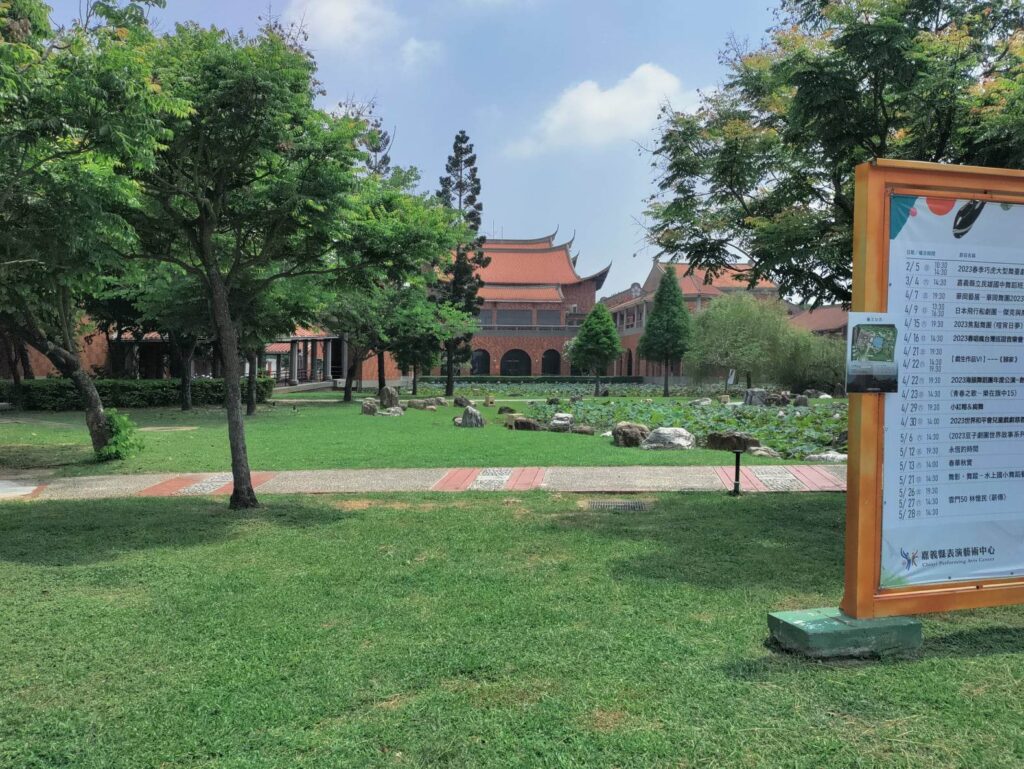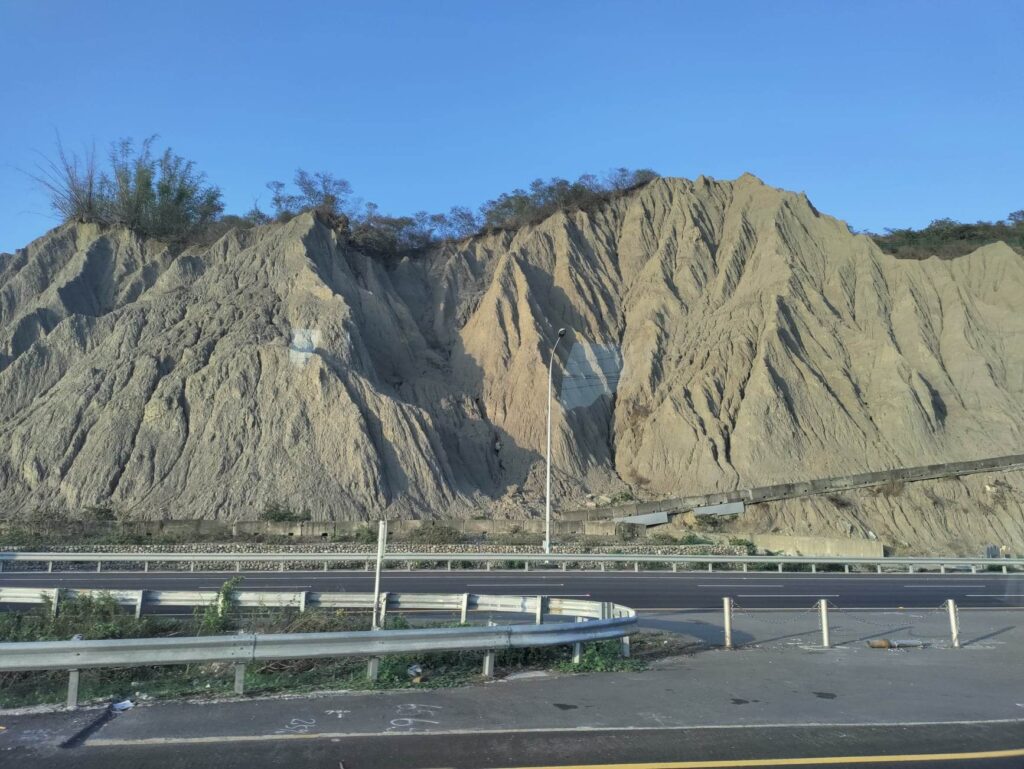To think that language is enough of a barrier that when engaged in meaningful research, one may feel that we are cutting off the very people, the indigeneous community, helping us learn about their ways. To me, this is perhaps a message that faithful translation is just that much more of an important tool for the establishment of meaningful connections. A complicated question. We are here to gain inspiration for our long term knowledge journey that may not have anything to do with this island the moment we leave it, yet my classmate are so genuine as to gruel over the desire to understand over night time hang-out sessions.
At times it seems no matter the amount of education, we can never shake the shell of our circumstances, our experience, the inabling and abling aspects, to embody the subjects that we engage with. Perhaps in moments where we smashed the millet with rough wooden hammers, when we chopped the wood with light axes, peeled the vegetables they eat, pealed the peanuts that they harvested… Perhaps the mindlessness of doing what they do is a way to break out of our shell. Harsh truth, not everyone do those traditional methods any more. While an attempt for us to learn about traditional cooking/farming of the bunun people, also a stereotyping, limited to a few hours in a single day amongst the countless day of our lives… there’s a limit to what they could show, and a need to filter for an essence, which is innately incomplete.
It’s true that we got permission to go, and they chose to spend time to teach us. We can use frameworks of racial capitalism to say that even though the whole experience, from driving through the beautiful mountain view, cooking delicious food, competing in wood chopping skill, soaking in the fresh creek, is still detrimental to the people of the bunun tribe. All I can do as a Taiwanese person is to acknowledge the culture, to learn more about it, to experience their philosophies. Powerless before the invisible hand, all we can do is to move our own.
-Ian Ho 6/2/2023


